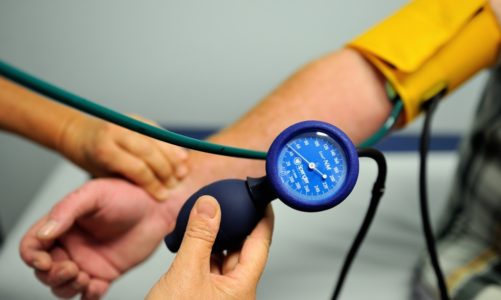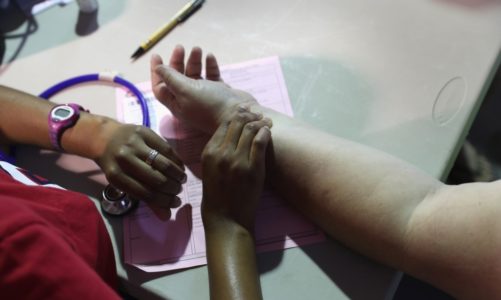
A new study suggests that depression after traumatic brain injury may not be the same as depression related to other causes, according to researchers from Brigham and Women’s Hospital.
The study of 273 people found that brain circuits associated with depression were different between people with traumatic brain injury (TBI) and those without TBI.
“Our findings help explain how the physical trauma to specific brain circuits can lead to development of depression,” said study leader Shan Siddiqi, of the Brigham’s Department of Psychiatry and Center for Brain Circuit Therapeutics.
“If we’re right, it means that we should be treating depression after TBI like a distinct disease,” Siddiqi added. “Many clinicians have suspected that this is a clinically distinct disorder with a unique pattern of symptoms and unique treatment response, including poor response to conventional antidepressants — but until now, we didn’t have clear physiological evidence to prove this.”
The study included 273 adults with TBI, usually from sports injuries, military injuries, or car accidents. People in this group were compared to other groups who did not have a TBI or depression, people with depression without TBI, and people with post-traumatic stress disorder.
Study participants went through a resting-state functional connectivity MRI, a brain scan that looks at how oxygen is moving in the brain. These scans gave information about oxygenation in up to 200,000 points in the brain at about 1,000 different points in time — leading to about 200 million data points in each person.
Based on this information, a machine learning algorithm was used to generate an individualized map of each person’s brain.
The location of the brain circuit involved in depression was the same among people with TBI as people without TBI, but the nature of the abnormalities was different.
Connectivity in this circuit was decreased in depression without TBI and was increased in TBI-associated depression. This implies that TBI-associated depression may be a different disease process, leading the study authors to propose a new name: “TBI affective syndrome.”
“I’ve always suspected it isn’t the same as regular major depressive disorder or other mental health conditions that are not related to traumatic brain injury,” said David Brody, a co-author of the study and a neurologist at Uniformed Services University. “There’s still a lot we don’t understand, but we’re starting to make progress.”
𝗖𝗿𝗲𝗱𝗶𝘁𝘀, 𝗖𝗼𝗽𝘆𝗿𝗶𝗴𝗵𝘁 & 𝗖𝗼𝘂𝗿𝘁𝗲𝘀𝘆: www.mercurynews.com
𝗙𝗼𝗿 𝗮𝗻𝘆 𝗰𝗼𝗺𝗽𝗹𝗮𝗶𝗻𝘁𝘀 𝗿𝗲𝗴𝗮𝗿𝗱𝗶𝗻𝗴 𝗗𝗠𝗖𝗔,
𝗣𝗹𝗲𝗮𝘀𝗲 𝘀𝗲𝗻𝗱 𝘂𝘀 𝗮𝗻 𝗲𝗺𝗮𝗶𝗹 𝗮𝘁 dmca@enspirers.com




